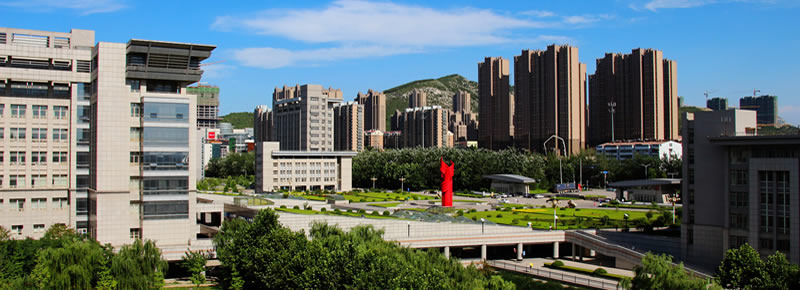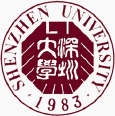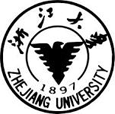Abstract
The construction industry is increasingly embracing sustainable materials to mitigate environmental concerns and reduce the carbon footprint of conventional practices. Concrete, a vital material in modern infrastructure, is valued for its versatility and durability. However, Ordinary Portland Cement (OPC), the primary binder in conventional concrete, presents significant environmental challenges, including high carbon dioxide emissions and substantial energy consumption. With an annual growth rate of 2.5%, cement production exacerbates these issues, necessitating sustainable alternatives. Ground granulated blast-furnace slag (GGBS), a byproduct of the iron industry, is a promising supplementary material. Its use reduces cement consumption, enhances sustainability, and promotes eco-friendly construction practices. The application of OPC-GGBS-blended concrete improves not only environmental performance but also the durability of the resulting concrete. Durability, a critical property of concrete, is fundamentally linked to its permeation characteristics, which govern resistance to environmental degradation. Water permeability, a key durability parameter, is typically assessed using standards like DIN 1048 (Part 5). However, the traditional method is time-consuming, requires large equipment, and is limited in detecting penetration in low-strength concrete. To address these limitations, this study introduces a "modified water permeability" method, effective for all concrete types. Mixes were prepared with W/B ratios of 0.4 and 0.5, incorporating GGBS at 0%, 15%, 30%, 45%, and 60% levels. Results showed that GGBS improves resistance to water penetration, validating its contribution to durability. The modified method proved superior to conventional techniques, offering more efficient and accurate evaluation, thereby underscoring GGBS’s potential and the benefits of an improved testing approach.
Keywords
durability, GGBS, strength, testing methodology, water permeability.
DOI
10.5703/1288284318104
Recommended Citation
PANDA, SOUMYARANJAN; GUPTA, SUPRATIC; and PANIGRAHI, SAUBHAGYA KUMAR, "Assessment of GGBS-blended-Concrete Durability with Modified Water Permeability Method" (2025). International Conference on Durability of Concrete Structures. 5.
https://docs.lib.purdue.edu/icdcs/2025/tmc/5
Assessment of GGBS-blended-Concrete Durability with Modified Water Permeability Method
The construction industry is increasingly embracing sustainable materials to mitigate environmental concerns and reduce the carbon footprint of conventional practices. Concrete, a vital material in modern infrastructure, is valued for its versatility and durability. However, Ordinary Portland Cement (OPC), the primary binder in conventional concrete, presents significant environmental challenges, including high carbon dioxide emissions and substantial energy consumption. With an annual growth rate of 2.5%, cement production exacerbates these issues, necessitating sustainable alternatives. Ground granulated blast-furnace slag (GGBS), a byproduct of the iron industry, is a promising supplementary material. Its use reduces cement consumption, enhances sustainability, and promotes eco-friendly construction practices. The application of OPC-GGBS-blended concrete improves not only environmental performance but also the durability of the resulting concrete. Durability, a critical property of concrete, is fundamentally linked to its permeation characteristics, which govern resistance to environmental degradation. Water permeability, a key durability parameter, is typically assessed using standards like DIN 1048 (Part 5). However, the traditional method is time-consuming, requires large equipment, and is limited in detecting penetration in low-strength concrete. To address these limitations, this study introduces a "modified water permeability" method, effective for all concrete types. Mixes were prepared with W/B ratios of 0.4 and 0.5, incorporating GGBS at 0%, 15%, 30%, 45%, and 60% levels. Results showed that GGBS improves resistance to water penetration, validating its contribution to durability. The modified method proved superior to conventional techniques, offering more efficient and accurate evaluation, thereby underscoring GGBS’s potential and the benefits of an improved testing approach.





